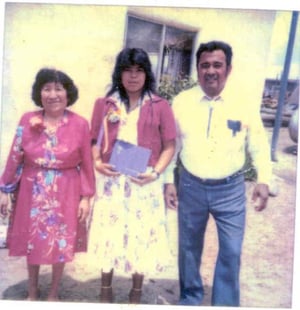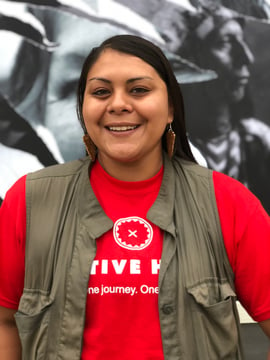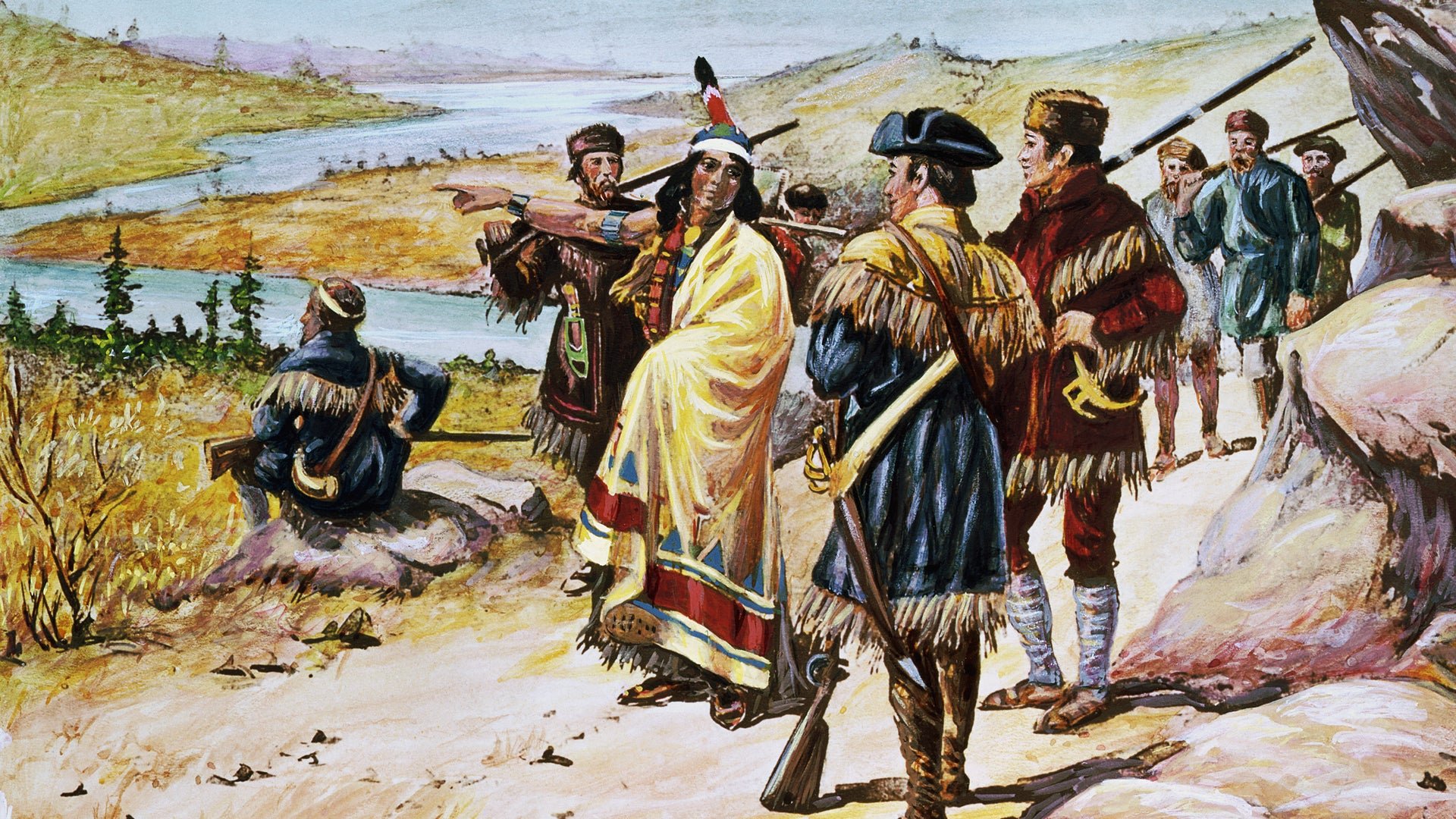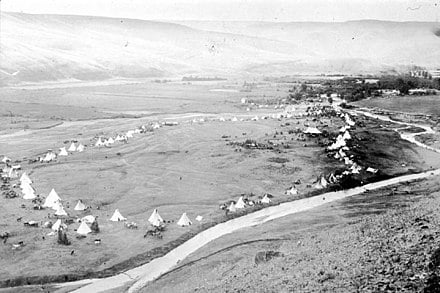Feb 6, 2023 | Tamara Colaque
Part 2 of Tamara’s story highlights her struggle to find answers surrounding her mother’s murder and her hopes that sharing her story will encourage others to break their silence. Native women and children must protect themselves and each other in order to stop the epidemic of Missing and Murdered Indigenous Women and Girls [MMIWG] Read Here for Part One of Tamara’s story
Each person who shares her memory with me, is always the missing piece to this puzzle, I have been trying to solve my whole life. Now that I am an adult, I feel that it is my responsibility to uncover her truth through a private  investigation, so that my mother’s spirit can truly rest in peace—so that I can finally find closure and a renewed faith in the justice system of our country along with humanity. As I move forward on this road, seeking the truth behind her stolen life, I ask for prayers. This task is definitely not for the weak-hearted, and I need all the prayers I can get. The research I have gathered about her murder investigation so far reminds me of why this is important to seek justice, and why we must all take actions. Nothing is too big nor too small.
investigation, so that my mother’s spirit can truly rest in peace—so that I can finally find closure and a renewed faith in the justice system of our country along with humanity. As I move forward on this road, seeking the truth behind her stolen life, I ask for prayers. This task is definitely not for the weak-hearted, and I need all the prayers I can get. The research I have gathered about her murder investigation so far reminds me of why this is important to seek justice, and why we must all take actions. Nothing is too big nor too small.
When there is an epidemic, it is up to the communities to unify and build solutions together, so we can eliminate the statistics that state Indigenous women are 2.5 times more likely to be victims of sexual assault or 1 in 3 Native American women will be raped in their lifetimes. We must stop the 67% of rapes suffered by Native women committed by non-natives. It is up to us to create networks in our communities to prevent the realities that become these stats.
According to the Urban Indian Health Institute, in 2017, the state of New Mexico, ranked first and Albuquerque was ranked as the second city with highest number of MMIWG cases. This is where I reside, and each time I walk out the door, I feel like a target is on me, which is a feeling spread across Indian Country.
The cities with the highest numbers of MMIWG cases are Seattle, WA (45), Albuquerque (37), Anchorage, AK (31), Tucson, AZ (31), Billing, MT (29), Gallup, NM (25). States with the highest number of MMIWG cases are New Mexico (78), Washington (71), Arizona (54), Alaska (52), Montana (41), and California (40).
As Indigenous people, sadly, the statistics we read about, constantly serve as triggers or reminders of the trauma we have experienced. The memories of lost grandmothers, mothers, aunties, sisters, daughters, or friends on missing posters, posts, and broken bodies being found then prepared for the after-life. For years these sad stories have replayed in my mind over and over again. It often makes me wonder, when will it end, or will it ever end? The  question that most of us ask ourselves is “Will I be next and what’s my escape plan, if it happens to me?”
question that most of us ask ourselves is “Will I be next and what’s my escape plan, if it happens to me?”
These are conversations that Indigenous people have constantly. Today, I often hear about the issues, but not enough about the plans to solve this huge problem which connects to Earth’s genocide. We need to think of solutions like building security teams in reservations near oil man camps and neighborhood watch groups that ensure people are protected from predators of human trafficking.
I believe our communities must focus on shifting our narratives to the processes of our full recovery and healing. I also feel that it is important for families of murdered victims to share their stories especially for documentation in databases, whose mission is to create a network of families who seek data and justice. Resources that support these missions include the Urban Indian Health Institute’s, Decolonizing Data: Strengthening Community Voices to Take Action for Our Missing Relatives. A webinar in partnership with the National Missing and Unidentified Persons System (NamUs) where you can learn how to enter your missing Native loved ones’ information into the NamUs database. Organizations that support these missions include the Coalition to Stop Violence Against Native Women, Justice for Native Women, Walking With Our Sisters, Three Sister’s Collective and the National Inquiry into Missing and Murdered Indigenous Women and Girls.
There are many individuals who do not feel safe in sharing their stories. It’s hard enough to think about the tragedies, let alone to be vulnerable and share the deepness of losses. There is a frequent amount of victim shaming and blaming, which has also become detrimental to the mental health of families.
A Facebook post was shared multiple times and sparked conversations across many indigenous networks.
 Recent podcast interviewee, Becki Jones posted her personal views to this Facebook post with further explanation,
Recent podcast interviewee, Becki Jones posted her personal views to this Facebook post with further explanation,
“This post is victim blaming and stigmatizing towards relatives who are experiencing mental health issues, being unsheltered, survivors of trafficking, or survivors of trauma. It’s not our place to judge folx with a “high risk lifestyle,” but it is our job as a community to keep all relatives safe despite their lifestyle. All relatives are worthy of safety and love.”
I related strongly with her post, especially the call out to support our relatives who live “high risk lifestyles” because they are often the ones who need the most protection and love.
If you are looking for ways to make a change, call your representatives to demand they put MMIW on their agenda and support National Organizations like the Urban Indian Health Institute, Native Youth Sexual Health Network and Violence on the Land, Violence on our Bodies Initiative.
You can also volunteer with local groups in New Mexico, like the Coalition to Stop Violence Against Native Women, Tewa Women United, Santa Fe Indian Center, The Red Nation, or any local groups in your state. Do your part to share a missing poster or provide any details to local law enforcement on any ongoing cases. These are some ways you can help spread awareness and take actions to prevent any more stolen lives. Let’s make the Earth more inclusive and safe for all of us! #NoMoreStolenSisters



COMMENTS